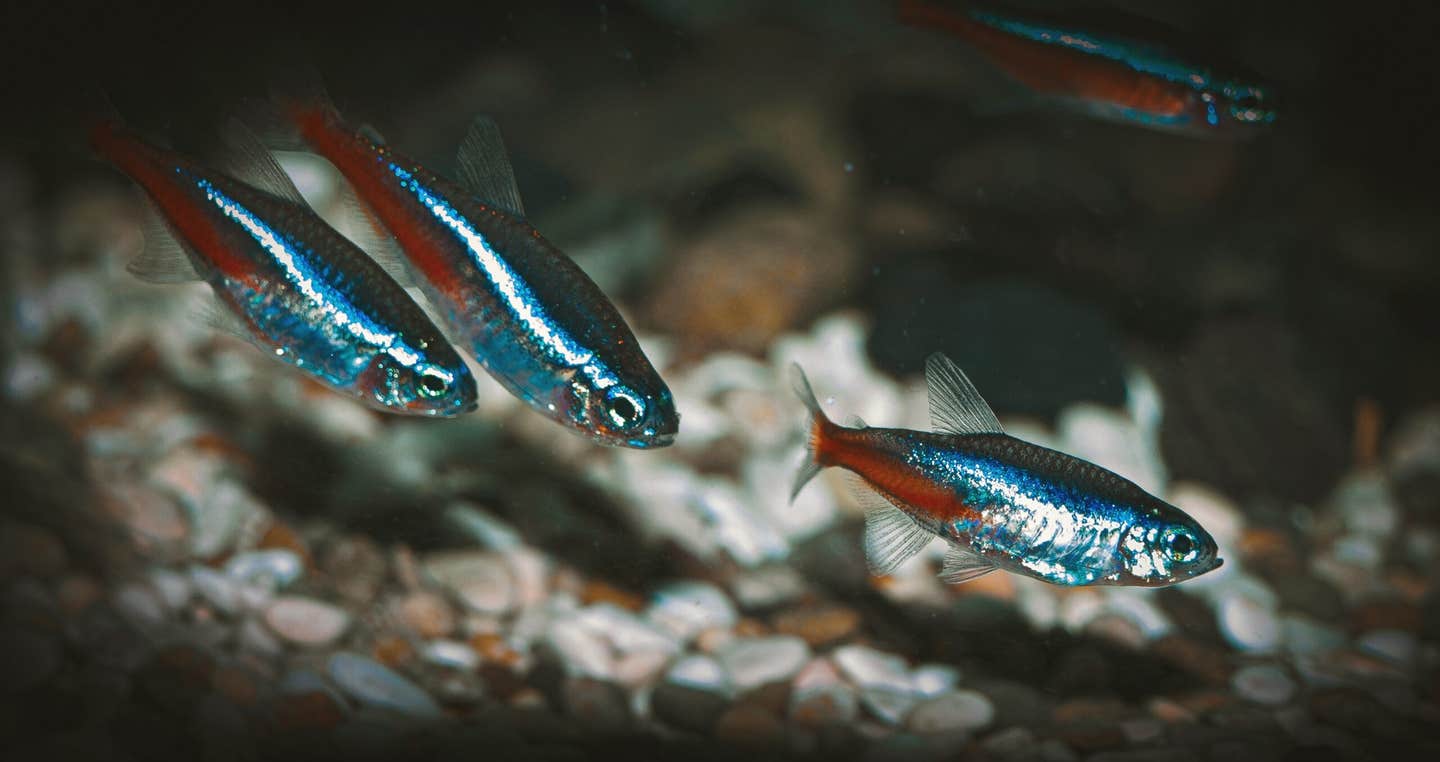Scientists discover new method to produce apple juice that is four times healthier
A groundbreaking discovery has emerged in the science of apple juice production, promising to enhance its health-promoting properties

A groundbreaking discovery has emerged in the science of apple juice production, promising to enhance its health-promoting properties. (CREDIT: Creative Commons)
A groundbreaking discovery has emerged in the science of apple juice production, promising to enhance its health-promoting properties. Scientists have unveiled a novel squeezing technique that could substantially elevate the content of polyphenols, compounds known for their antioxidant properties and potential health benefits.
Polyphenols, abundant in various fruits, red wine, and cocoa, have garnered attention for their purported roles in supporting heart and brain health while potentially shielding against diseases. The newfound method, termed a spiral filter press, has been revealed to augment the polyphenol content in apple juice by a remarkable fourfold compared to conventional methods.
This innovative approach actively eliminates oxygen from the juice through vacuum-driven pressing, thereby curtailing nutrient degradation during processing stages. According to experts, the exclusion of oxygen throughout the process minimizes nutrient deterioration, a significant advantage over traditional methods.
Highlighting the significance of this breakthrough, co-researcher Stefan Dussling remarked, "Nutrient losses are commonly due to the presence of oxygen, which quickly degrades some of the nutrients in apple juice like flavan-3-ols or vitamin C. This would happen when we juice apples at home or buy a ready-made product."
Dussling expressed optimism about the widespread adoption of the new juicing method, emphasizing its potential to provide consumers with a convenient means of accessing beneficial natural compounds simply through a glass of juice.
Dr. Ana Rodriguez-Mateos, a prominent figure in Nutritional Sciences at King's College London, lauded the research, affirming its relevance.
Related News
"Finding a method that can retain more flavan-3-ols and vitamin C in apple juice during industrial processing is of great value, so people will have the choice to consume a healthier juice than the ones that are commercially available," she stated.
Rodriguez-Mateos cautioned against the high sugar content of apple juice but underscored the superiority of the phytochemical-rich variant over conventional options. She emphasized that while apple juice remains high in sugar, opting for the enriched juice could offer consumers a healthier alternative.
In light of health guidelines, which recommend limiting the consumption of fruit and vegetable juices to 150ml per day, Dr. Aisling Daly, a nutrition lecturer at Oxford Brookes University, endorsed the proposed method for apple juice production. She suggested that this technique could be more advantageous in preserving flavanols in the juice compared to other conventional methods.
Dr. Ana Rodriguez-Mateos, a prominent figure in Nutritional Sciences at King's College London. (CREDIT: King's College London)
The potential implications of this discovery extend beyond mere juice production, offering consumers the prospect of a healthier beverage choice.
With its ability to amplify the concentration of beneficial polyphenols, the spiral filter press method represents a significant stride toward enhancing the nutritional value of apple juice, aligning with the growing emphasis on functional foods and beverages in promoting overall health and well-being.
Note: Materials provided above by The Brighter Side of News. Content may be edited for style and length.
Like these kind of feel good stories? Get the Brighter Side of News' newsletter.



